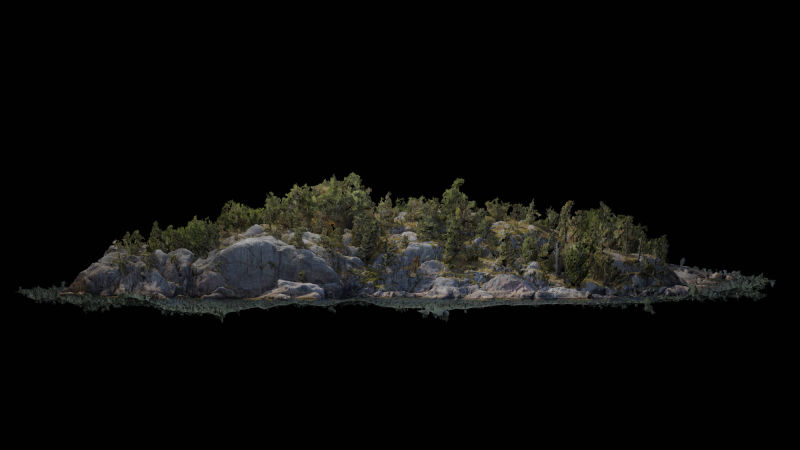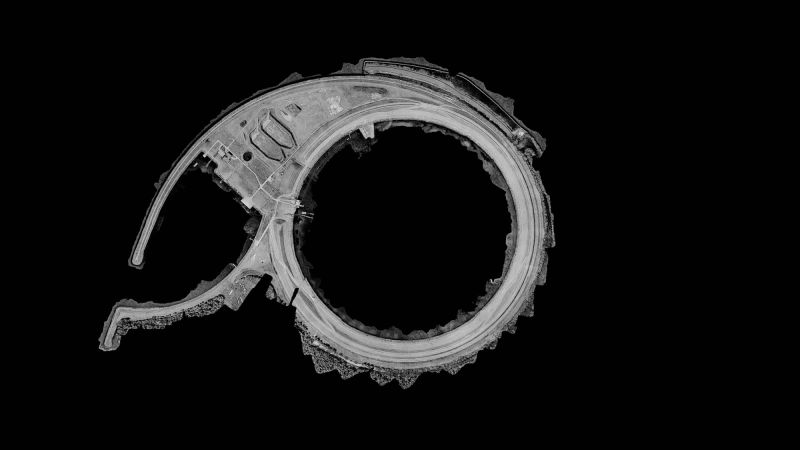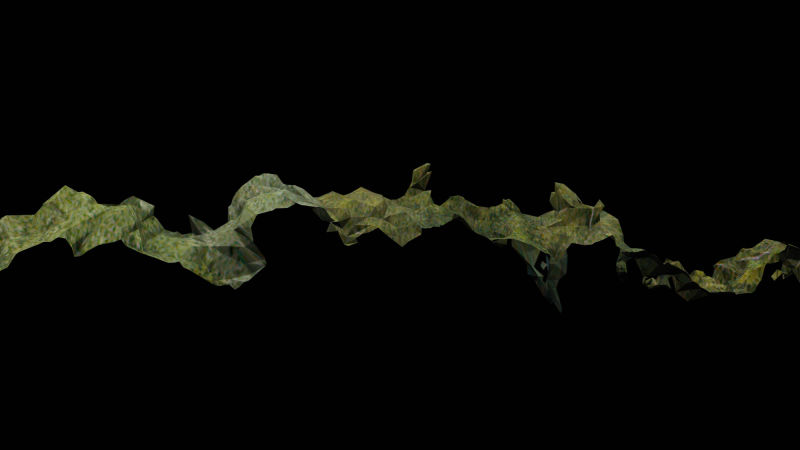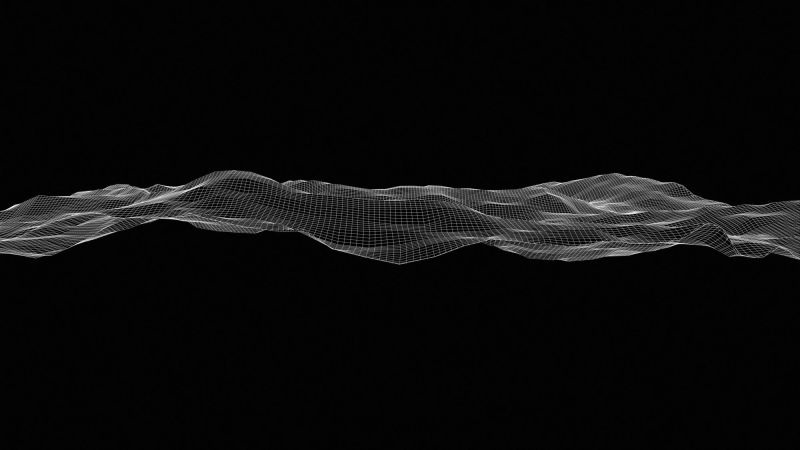Three experimental films by Tivon Rice speculating how Artificial Intelligences could have alternative perceptions of an environment.
Chapter One: Whisper Poems
The Baltic Sea – Finland | Duration 13:15
Sound by Stephanie Pan
Chapter Two: Circular Conversations
The Ijsseloog – Netherlands | Duration 10:05
Sound by Stelios Manousakis & Stephanie Pan
Chapter Three: Echo Chambers
The Volkerak – Netherlands | Duration 13:13
Sound by Stelios Manousakis
Excerpt from fiberfestival.nl:
“In the face of climate change, large-scale computer-controlled systems are being deployed to understand terrestrial systems. Artificial intelligence is used on a planetary scale to detect, analyze and manage landscapes. In the West, there is a great belief in ‘intelligent’ technology as a lifesaver. However, practice shows that the dominant AI systems lack the fundamental insights to act in an inclusive manner towards the complexity of ecological, social, and environmental issues. This, while the imaginative and artistic possibilities for the creation of non-human perspectives are often overlooked. (…) Three distinct A.I.s were trained for the screenplay: the SCIENTIST, the PHILOSOPHER, and the AUTHOR. The A.I.s each have their own personalities and are trained in literary work – from science fiction and eco-philosophy, to current intergovernmental reports on climate change. Rice brings them together for a series of conversations while they inhabit scenes from scanned natural environments.”
For more detailed information, visit the work’s page here.
Video Trailer
| Year: | 2020 |
| Type: | Three experimental films |
| Description: | Computer-generated text, 4k video, sound |
| Duration: | 36’40” |
| Concept, text, video: | Tivon Rice |
| Sound / Composition: | Stelios Manousakis, Stephanie Pan |
| Voices: | Esther Mugambi, Arnout Lems, Michaela Riener |
| Sound recording, mixing, mastering: | Stelios Manousakis |
| Photo & video credits: | Tivon Rice |
Commissioned by FIBER festival for its 2020 edition, and made possible with support from the Creative Industry Fund NL, Stroom Den Haag, Google Artists and Machine Intelligence, BioArt Society, and The University of Washington Department of Digital Art and Experimental Media.



